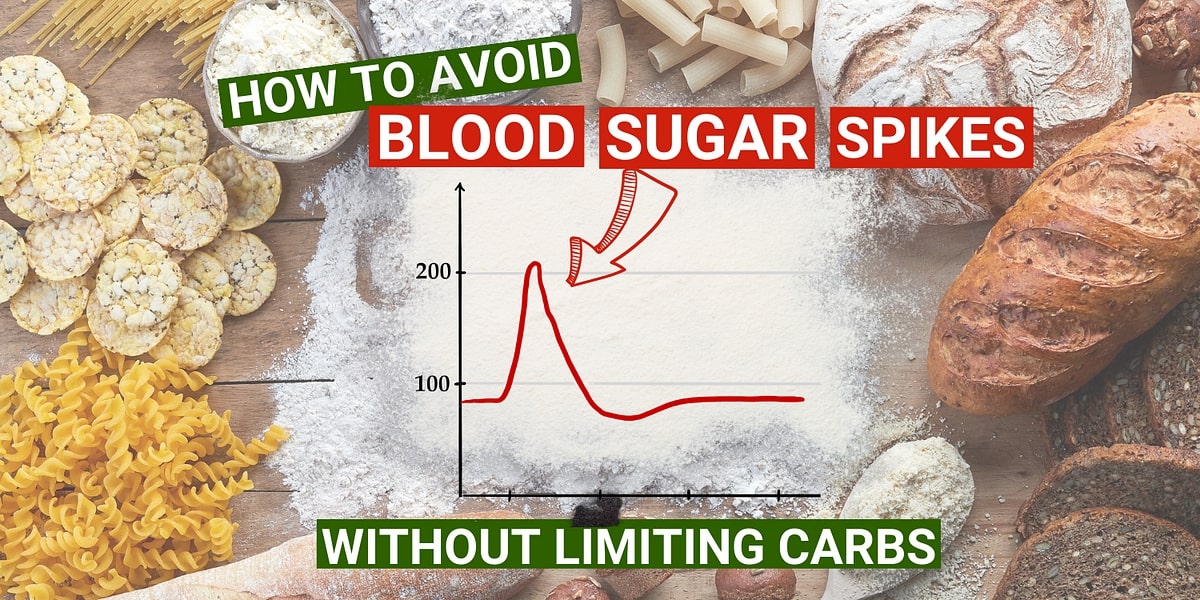Tips for Keeping Your Blood Sugar Steady
a) Choose Whole Grains: Go for whole grains over refined grains. Whole grain products, such as brown rice, quinoa, and whole wheat bread, contain more fiber, which helps slow down digestion and prevent spikes in blood sugar.
b) Pair Carbs with Protein and Healthy Fats: Combining carbohydrates with protein and healthy fats can slow digestion and lead to a more gradual increase in blood sugar. For example, try pairing whole grain toast with avocado or a piece of fruit with a handful of nuts.
c) Control Portion Sizes: Be mindful of portion sizes when consuming carbs. Using measuring cups or smaller plates can help prevent overeating. Aim for balanced meals that include appropriate amounts of carbohydrates alongside proteins and fats.
d) Focus on Fiber: High-fiber foods can help regulate blood sugar levels by slowing down the absorption of sugar. Incorporate fruits, vegetables, legumes, and whole grains into your meals to boost your fiber intake.
e) Stay Hydrated: Sometimes, thirst can be mistaken for hunger, leading to unnecessary snacking. Drinking plenty of water throughout the day can help keep cravings in check and support overall metabolic function.
f) Limit Sugary Drinks: Beverages like soda, sweetened teas, and energy drinks can cause rapid spikes in blood sugar. Opt for water, herbal teas, or infused water for hydration without the added sugars.
g) Mindful Eating: Practice mindful eating by paying attention to hunger and fullness cues. Eating slowly and without distractions can help you recognize when you’re satisfied, preventing overeating.
h) Plan Your Meals: Preparing meals in advance can help you make healthier choices and avoid reaching for convenience foods high in simple sugars. Incorporate a variety of foods to keep your meals balanced and interesting.
i) Incorporate Regular Exercise: Physical activity plays a vital role in managing blood sugar levels. Aim for a mix of aerobic exercises (like walking, running, or cycling) and strength training to improve insulin sensitivity and help regulate blood sugar.
j) Monitor Your Levels: If you have concerns about your blood sugar, consider monitoring your levels with a glucometer. Understanding how different foods affect your blood sugar can help you make informed choices.





